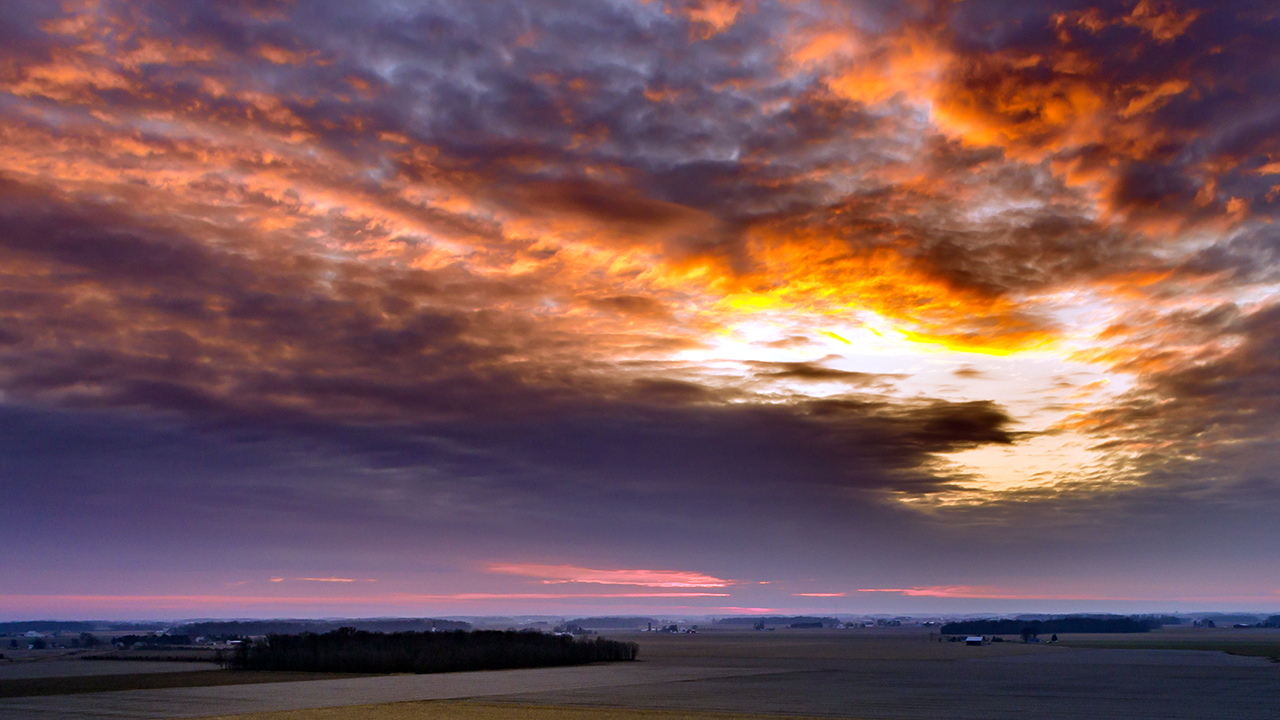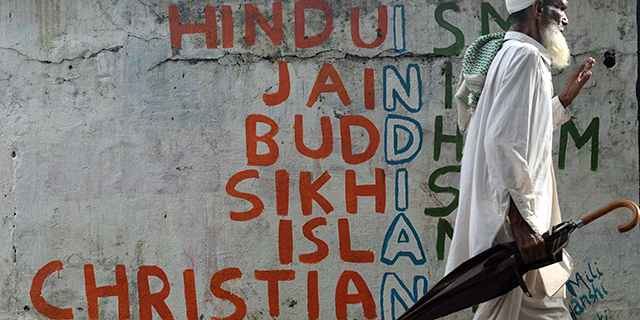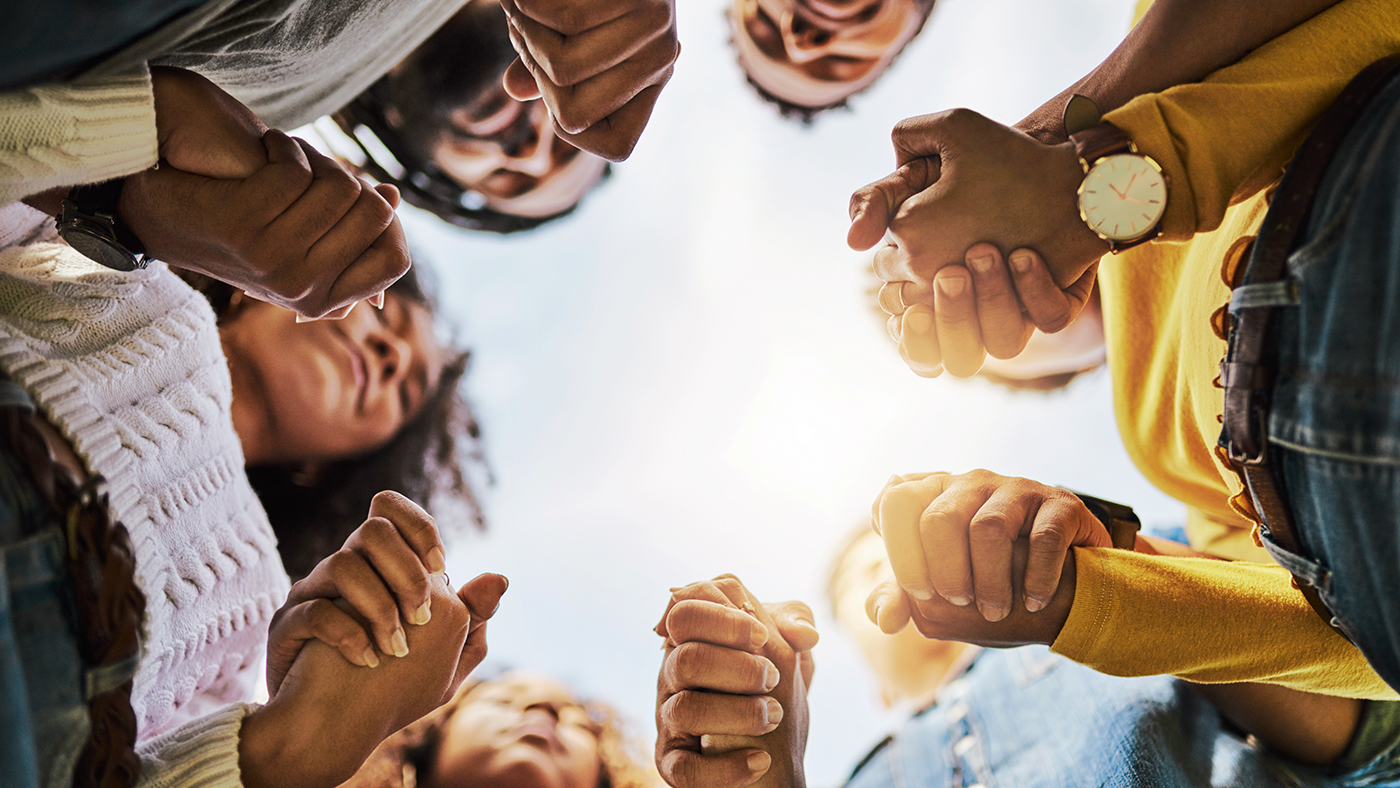
Key facts about the abortion debate in America
As the nation’s post-Roe chapter begins and the legal battle shifts to the states, here are key facts about Americans’ views on abortion.
As the nation’s post-Roe chapter begins and the legal battle shifts to the states, here are key facts about Americans’ views on abortion.
Americans increasingly say gender is determined by one’s sex assigned at birth, but they differ by religion on this and other transgender issues.
Opinion on the legality of abortion has changed little since before the court's decision, with 62% now saying abortion should be legal in all or most cases.
Here are key findings from our research on the relationship between religion and government in the U.S. and Americans' views on the issue.
U.S. adults disagree over whether legal restrictions on abortion are an effective way to reduce the number of abortions in the U.S.
How do Republicans who support legal abortion and Democrats who oppose it differ from their fellow partisans? One difference involves religion.
A majority of U.S. adults say abortion should be legal in all or most cases; 37% think abortion should be illegal in all or most cases.
About three-quarters of U.S. Catholics (76%) say abortion should be illegal in some cases but legal in others.
Abortion has long been a contentious issue in the United States, and it is one that sharply divides Americans along partisan, ideological and religious lines.
Public attitudes about the legality of abortion are largely divided along partisan lines – and to a greater extent than in past decades.
The Global Religious Futures (GRF) project is jointly funded by The Pew Charitable Trusts and The John Templeton Foundation. Here are some big-picture findings from the GRF, together with context from other Pew Research Center studies.
Indians see religious tolerance as a central part of who they are as a nation. Across the major religious groups, most people say it is very important to respect all religions to be “truly Indian.”
Today, most Black adults say they rely on prayer to help make major decisions, and view opposing racism as essential to their religious faith.
The Christian share of the U.S. population is declining, while the share of Americans who do not identify with any organized religion is growing. These changes affect all regions in the country and many demographic groups.












